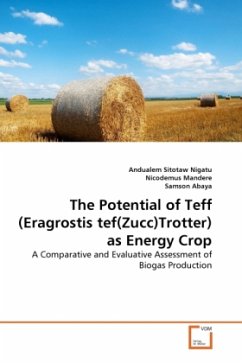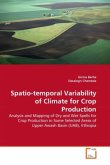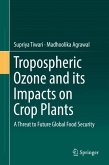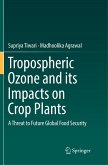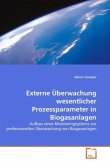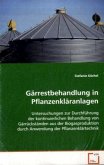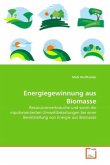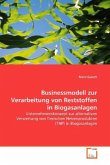The research on suitable alternative clean energy sources to substitute the use of fossil fuels is rapidly attracting a lot of attention. In this context a wide range of renewable energy sources are considered as options. Biogas is one of these renewable energy sources that is deemed a suitable alternative energy source for both developed and the developing world. In the developing world biogas can be useful particularly for household energy use for warming, cooking, and lighting and hence replacing traditional burning of firewood. However, finding suitable energy crops from which to extract biogas and its implementation without affecting food security is still a debatable issue. This book focused on assessing the potential adoption of Teff for biogas production to meet the energy needs for Ethiopia by analyzing its methane potential at various growth stages, comparing its methane outputs to the methane potentials for maize and wheat in addition to assessing the impact of the biogas production. The intent of this book was written to generate information that can aid policy makers, planners and other relevant stakeholders in policy formulation and decision making process.

